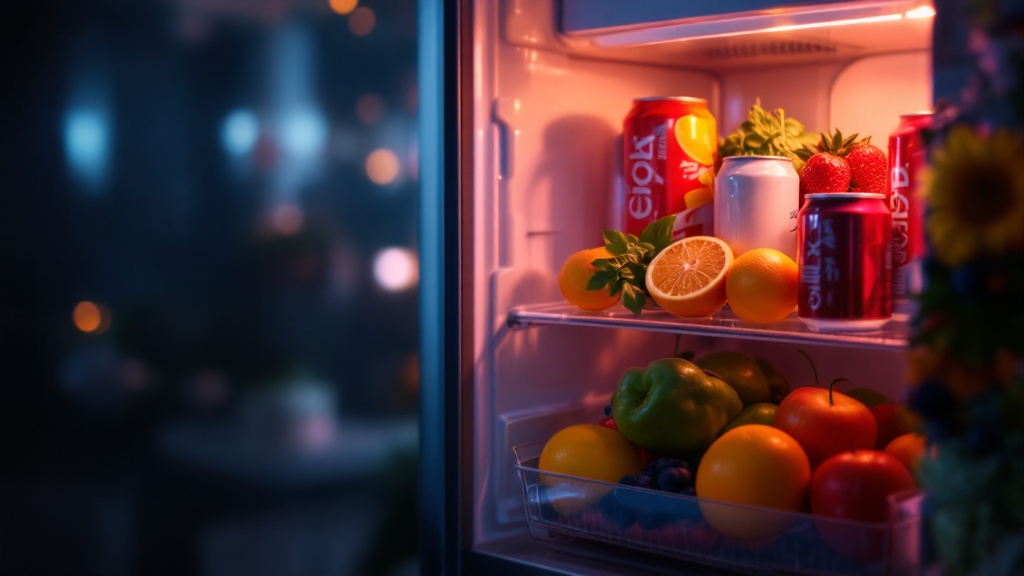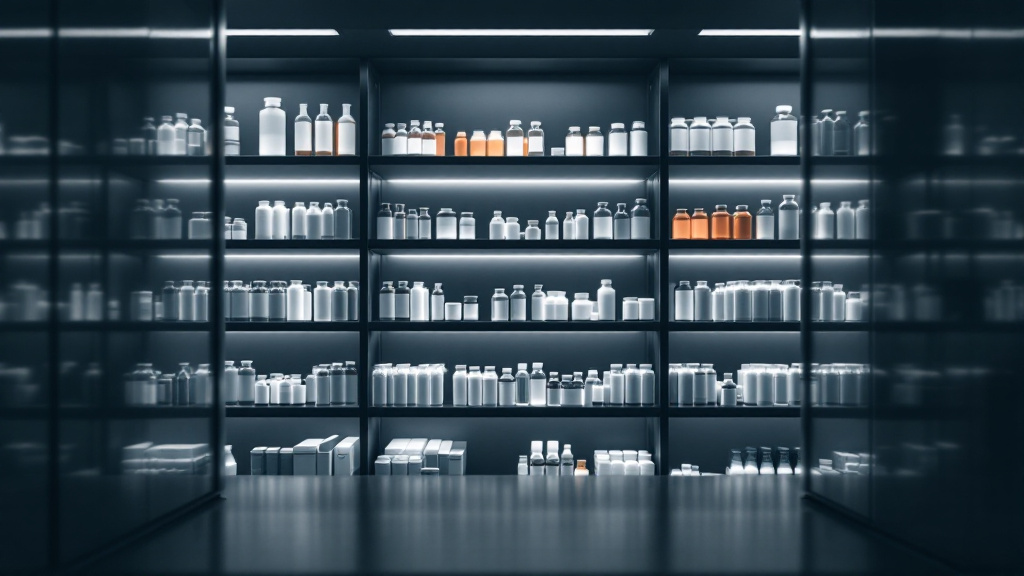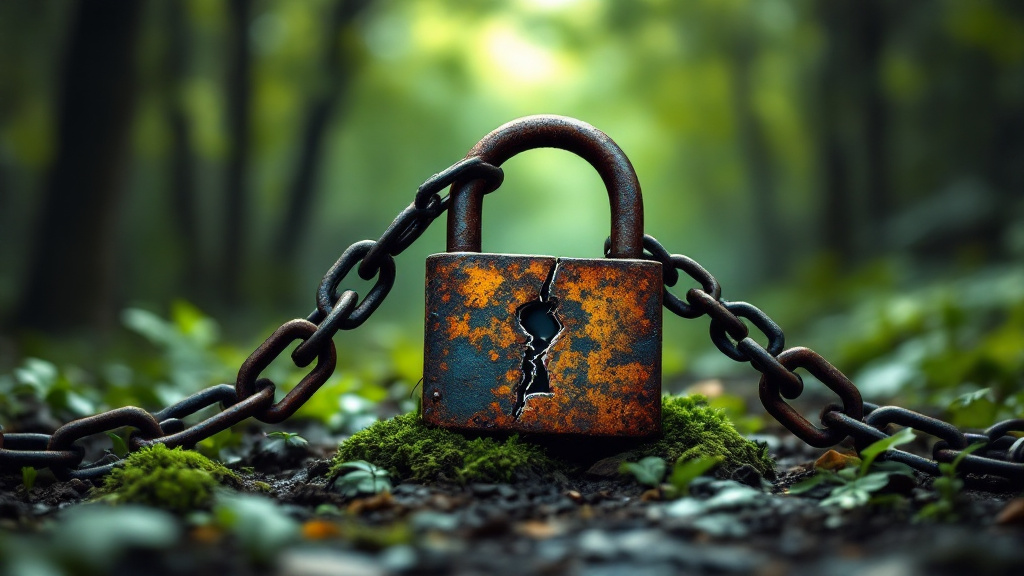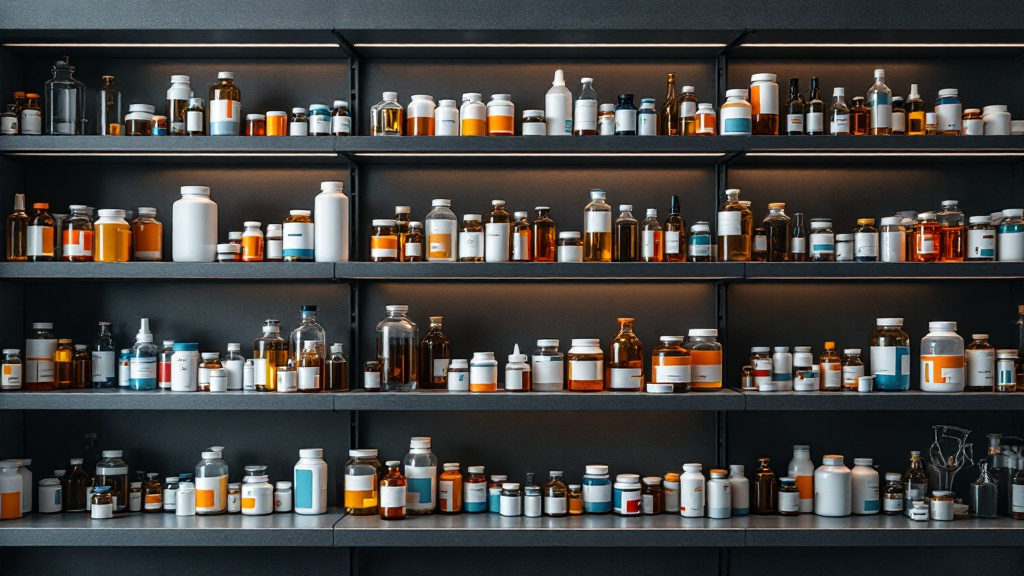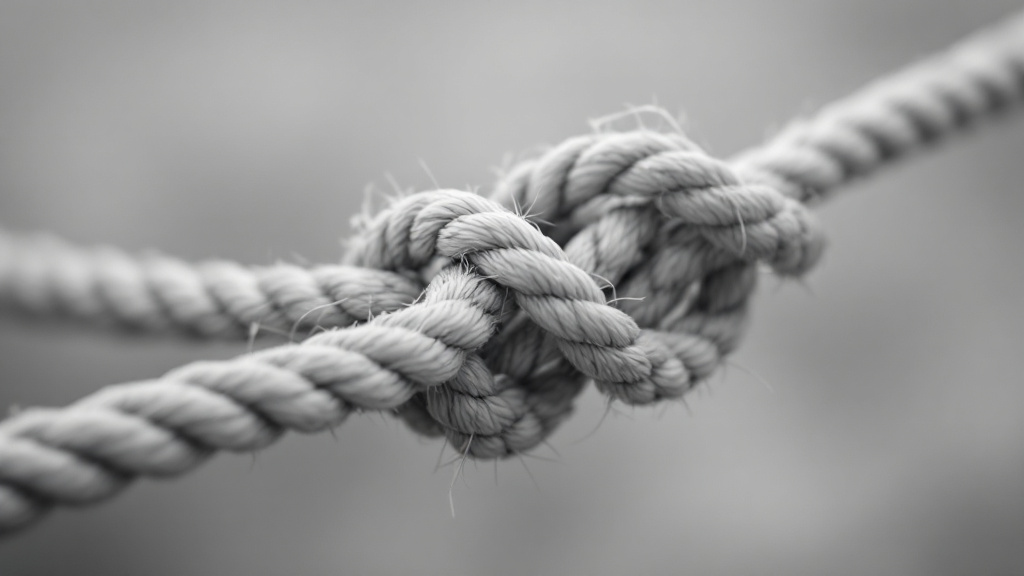Drug Addiction and Rehabilitation Overview
Understanding Addiction
Drug addiction, also known as substance use disorder, is a disease that impacts a person's brain and behavior. It leads to an inability to control the use of legal or illegal drugs, including alcohol, marijuana, and nicotine (Mayo Clinic). Approximately 23.5 million Americans struggle with addiction, yet only 11% receive treatment (The Ridge Ohio). The reasons why someone might need drug rehabilitation can often elude friends and family, leading to the question: "why does everyone tell me I need drug rehab?"
To comprehend addiction, it's essential to recognize that it functions within a complex interplay of genetic predisposition, environmental factors, and individual choices. The chronic nature of addiction means that it can significantly alter brain structure and function, making recovery a multifaceted process requiring professional help.
Impact of Substance Use Disorders
Substance use disorders (SUDs) affect not just the individual but also have profound implications for families and communities. The disruptive nature of SUDs impacts family dynamics, altering communication, roles, and routines. This disruption often leads to negative outcomes for both children and adults in the family environment (PubMed Central).
Another critical aspect is how families adapt to maintain balance despite the presence of addiction. Family Systems Theory posits that each member's behavior can contribute to a dynamic that preserves equilibrium, often at the expense of the health of individuals, such as a child covering for a parent's substance use (PubMed Central).
In summary, addiction is not a struggle faced in isolation but a complex issue that ripples through familial and social contexts, influencing many aspects of life and prompting discussions about the necessity of intervention and rehabilitation. Understanding these impacts can aid individuals in recognizing their need for help and the value of seeking professional treatment options.
Physical Health Effects of Drug Addiction
Drug addiction significantly impacts an individual's physical health, leading to various health risks and associated medical conditions. Understanding these effects can illuminate why many people express concern and encourage seeking rehabilitation.
Health Risks Associated with Drug Use
The use of drugs often comes with a myriad of health complications. Long-term drug use can result in serious conditions including lung disease, heart disease, stroke, and cancer. Imaging scans, chest X-rays, and blood tests frequently reveal such health issues, underscoring the detrimental effects on the body. Certain drugs carry unique risks; for example:
| Drug Type | Associated Health Risks |
|---|---|
| Tobacco | Various types of cancer |
| Methamphetamine | Severe dental problems, commonly referred to as "meth mouth" |
| Opioids | Overdose and potential death |
These health risks highlight the urgent need for individuals struggling with addiction to seek help, as the consequences can be both devastating and life-threatening. For individuals asking, "why does everyone tell me I need drug rehab?", understanding these risks can provide clarity.
Infections and Medical Conditions
In addition to long-term health issues, drug use can elevate the risk of contracting serious infections. This is especially true for those who share needles or engage in unsafe practices, such as unprotected sex. Drug use can lead to infections such as:
- HIV
- Hepatitis C
- Endocarditis (infection of the heart and its valves)
- Cellulitis (skin infection)
These infections present not just a personal health risk but also contribute to broader public health concerns. Individuals with drug addiction may also face increased vulnerability to various medical conditions due to compromised immune systems and overall poor health.
The health effects associated with drug addiction are complex and multi-faceted; those struggling with these issues often require specialized treatment options. For further assistance on the path to recovery, individuals and families can explore available resources to help navigate addiction recovery in local areas, such as addiction help offered at rehabilitation centers in PA or how drug rehabilitation centers assist recovery.
Mental Health and Drug Addiction
Relationship Between Drug Use and Mental Illness
The relationship between drug use and mental illness is complex. Drug use and mental disorders frequently coincide. Some mental illnesses occur before addiction, while in other cases, drugs can trigger or worsen mental health conditions, especially in individuals with specific vulnerabilities. Individuals dealing with anxiety or depression may turn to drugs to alleviate their psychiatric symptoms. In many instances, this self-medication can aggravate their existing mental disorders and increase the risk of developing an addiction. A simultaneous treatment approach for all conditions is often recommended, emphasizing the need for comprehensive care to address both mental health and substance use issues NIDA.
A significant portion of individuals struggling with addiction also experiences dual diagnosis, where substance abuse disorders overlap with mental illnesses. A national survey conducted in 2021 highlighted that many adults aged 18 or older faced these simultaneous challenges McLean Hospital. This duality complicates the treatment process and underscores the importance of specialized rehabilitation programs that address both aspects of a person's life.
Dual Diagnosis and Treatment
Dual diagnosis refers to the co-occurrence of substance use disorders and mental health conditions. Effective treatment for individuals with dual diagnosis requires integrated approaches that address both addiction and mental health issues simultaneously. Research indicates that genetics and environmental factors, such as stress or trauma, significantly contribute to the development of both conditions McLean Hospital.
Treatment options can vary depending on the specific needs of the individual, and may include therapies targeting both the addiction and underlying mental health issues. Therapeutic approaches such as psychotherapy have proven beneficial in addressing these intertwined challenges. For more information on the benefits of psychotherapy and its role in drug rehabilitation, see our article on what is psychotherapy and why would I need it at drug rehab?.
| Treatment Type | Description |
|---|---|
| Integrated Treatment | Combines interventions for substance abuse and mental health disorders. |
| Cognitive Behavioral Therapy (CBT) | Focuses on changing negative thought patterns associated with both addiction and mental disorders. |
| Medication-Assisted Treatment (MAT) | Involves the use of medications to help manage cravings and stabilize mental health. |
By recognizing the critical link between drug addiction and mental health, individuals can better understand why friends and family may encourage them to seek help. Acknowledging one’s need for support is the first step in the journey toward recovery. For those considering rehabilitation, familiarizing oneself with various treatment options can pave the way for a more informed and empowering decision in the healing process. Resources such as addiction help offered at rehabilitation centers in pa provide additional insights into available support.
Social Impact of Drug Addiction
Drug addiction extends its reach far beyond the individual struggling with substance use. Its effects ripple through families, friends, and entire communities.
Effects Beyond the Individual
Drug addiction does not merely affect one person; it creates broader social repercussions. The individual experiences health crises, legal issues, and potential loss of employment, which strain social circles. Friends may distance themselves due to the individual's behaviors or the stigma associated with addiction. This can lead to isolation for the person suffering from addiction.
Communication patterns often shift in the presence of addiction. Individuals may resort to secrecy or avoidance to protect themselves or the addicted person, ultimately creating an atmosphere of distrust. This erosion of social ties can contribute to a decline in overall community well-being.
| Social Consequence | Description |
|---|---|
| Isolation | Friends and family members may distance themselves. |
| Trust Issues | Those involved may struggle to trust each other. |
| Communication Breakdown | Generally healthy conversations may become tense or avoidant. |
Impact on Families and Relationships
Addiction can disrupt familial dynamics significantly. Families of individuals with substance use disorders often face emotional stress and unhealthy communication patterns. Trust issues typically emerge, complicating both immediate and extended relationships. The impact of substance abuse is long-lasting, and it can lead to conflicts and a deterioration of relationships. Comprehensive treatment approaches that include family therapy are crucial for rebuilding trust and improving communication within families (Addiction Center).
Children are particularly vulnerable to the effects of parental addiction. Parents with substance use disorders can struggle to establish healthy attachments with their children due to mood fluctuations, a preoccupation with substance use, and emotional unavailability. This can lead to significant emotional and psychological challenges for children, making them susceptible to various issues later in life.
Family Systems Theory supports the understanding that each family member plays a role in maintaining the equilibrium of the family system. For instance, a child might cover up a parent's substance use to restore balance, despite the detrimental impact on their own emotional health. Addressing these complex dynamics is essential in the recovery process.
The implications of drug addiction are profound. While recognizing the need for rehabilitation is crucial, understanding the broader social and familial impacts is equally important. This knowledge can support informed discussions about the necessity of treatment options and rehabilitation programs. For assistance with understanding treatment resources, consider exploring how drug rehabilitation centers assist recovery.
Seeking Help for Drug Addiction
Recognizing the Need for Rehabilitation
Understanding the need for rehabilitation is the first step towards recovery for individuals struggling with drug addiction. Many may wonder, "why does everyone tell me I need drug rehab?" This concern often arises when friends, family, or professionals notice the significant impact that substance use has on one’s health and life. The importance of early intervention cannot be overstated, as seeking help promptly can mitigate the adverse effects on both the individual and their loved ones (SAMHSA).
Indicators that someone may benefit from rehabilitation include:
| Signs of Need for Rehab | Description |
|---|---|
| Increased Tolerance | Needing more drugs to achieve the same effect. |
| Withdrawal Symptoms | Experiencing physical symptoms when not using drugs. |
| Neglecting Responsibilities | Failing to fulfill obligations at work, school, or home. |
| Relationship Issues | Struggling to maintain personal relationships due to substance use. |
Recognizing these signs can lead to seeking assistance from professionals, which is crucial for long-term recovery.
Treatment Options and Resources
There are various treatment options available for individuals seeking help for drug addiction. Comprehensive care should involve health care providers, mental health professionals, and support groups to effectively address the complexities of addiction (Mayo Clinic).
Here are some common treatment routes:
| Treatment Option | Description |
|---|---|
| Inpatient Rehabilitation | Provides a structured environment for recovery with 24/7 support. An inpatient drug rehabilitation center isn’t always the answer. |
| Outpatient Treatment | Allows individuals to live at home while attending therapy sessions. Finding accredited heroin rehab centers to help you get clean can assist in this process. |
| Therapy and Counseling | Psychological support to address underlying issues related to addiction. What is psychotherapy and why would I need it at drug rehab? provides insight into these options. |
| Support Groups | Groups such as Narcotics Anonymous (NA) offer community support and accountability. |
The Substance Abuse and Mental Health Services Administration (SAMHSA) offers vital resources, including helplines for those needing support with drug use or prescription drug misuse. Individuals can reach out by calling the SAMHSA National Helpline at 1-800-662-HELP (4357) or by texting their zip code to 435748 (HELP4U) to access local resources (SAMHSA).
Recovery is a journey that can involve many paths. The commitment to seek help is commendable and essential for overcoming addiction and reclaiming one’s life.
Compulsory vs. Voluntary Drug Treatment
Choosing the right path to recovery can be challenging, as individuals often weigh the options between compulsory and voluntary drug treatment. Each approach has its nuances and impacts on addiction recovery.
Compulsory Drug Treatment Programs
Compulsory drug treatment programs are mandated by law or court order, compelling individuals to undergo rehabilitation. These programs have been implemented in various global settings, with a review indicating that as of 2009, 69% of countries had laws permitting such treatment (NCBI). The types of compulsory treatment include drug detention facilities, short-term and long-term inpatient treatment, community-based treatment, and prison-based treatment.
A systematic review of studies on compulsory treatment options has revealed mixed outcomes. While some studies note positive impacts of long-term inpatient treatment on drug dependence and criminal recidivism, many others reported negative effects. For instance, individuals in mandatory prison-based addiction treatment programs showed a higher likelihood of post-release drug use and criminal behavior.
| Treatment Type | Key Findings |
|---|---|
| Drug Detention | Mixed results; potential for negative outcomes |
| Inpatient Treatment | Positive impacts in some studies, but not consistent |
| Community-Based | Limited evidence of effectiveness |
| Prison-Based | Generally associated with higher recidivism rates |
Effectiveness of Compulsory Treatment
The effectiveness of compulsory treatment remains a contentious issue. Studies have indicated that a majority (78%) did not find significant positive impacts on drug use or criminal recidivism when compared to other treatment approaches. Moreover, some studies reported that compulsory treatment could potentially harm participants, leading to increased recidivism and continued substance use.
This evidence raises serious concerns about human rights violations within compulsory treatment settings. As a result, there is a growing consensus among researchers suggesting that prioritizing non-compulsory treatment options may better address the complexities of drug dependence.
Given these findings, it is essential for individuals and their families to explore voluntary treatment options that align with their needs and promote sustainable recovery. For further information on available resources, individuals can refer to our article on addiction help offered at rehabilitation centers in pa, which discusses various treatment modalities that emphasize voluntary participation and personal commitment to recovery.
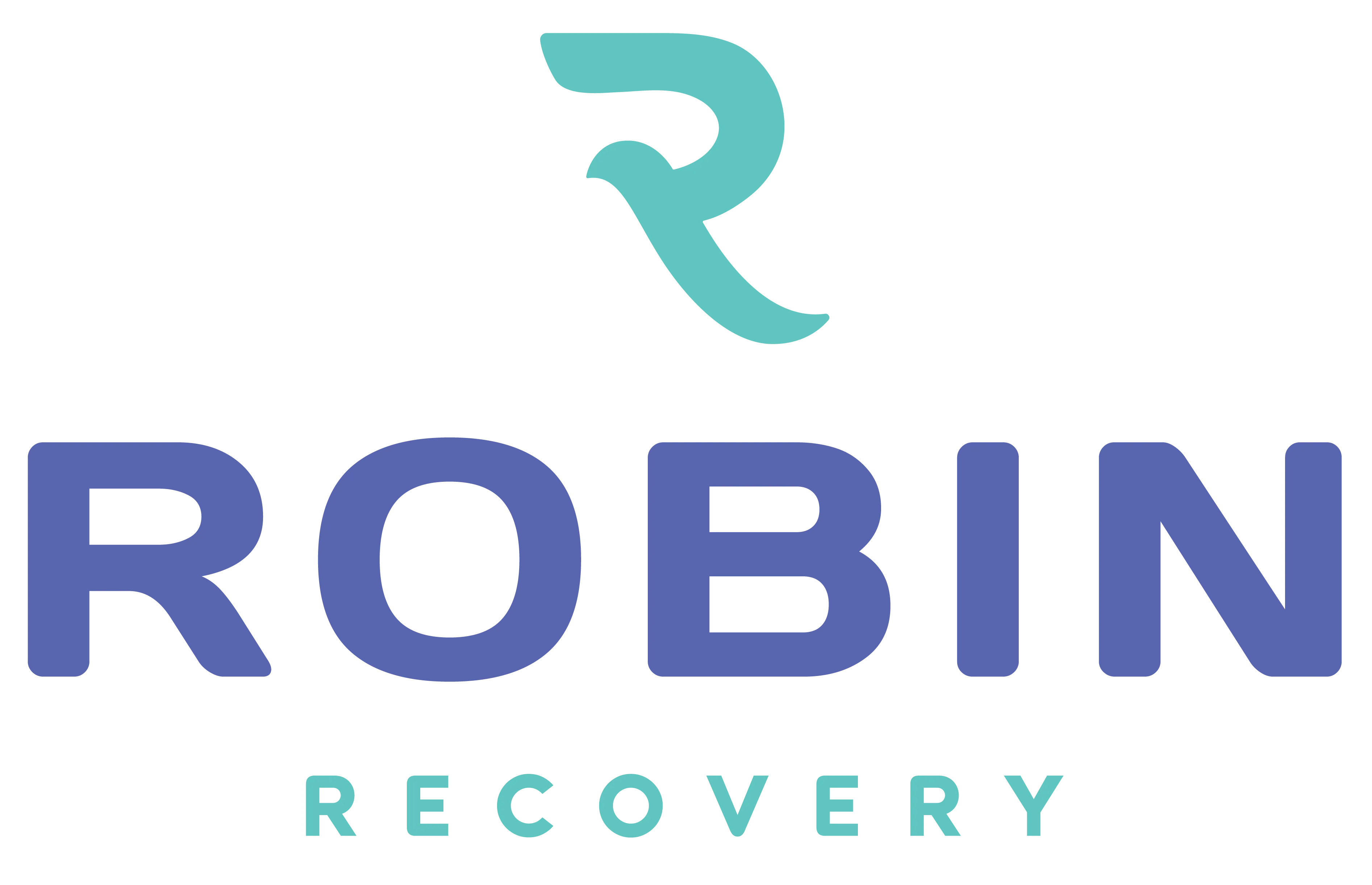
.svg)

.svg)

.svg)
.svg)
